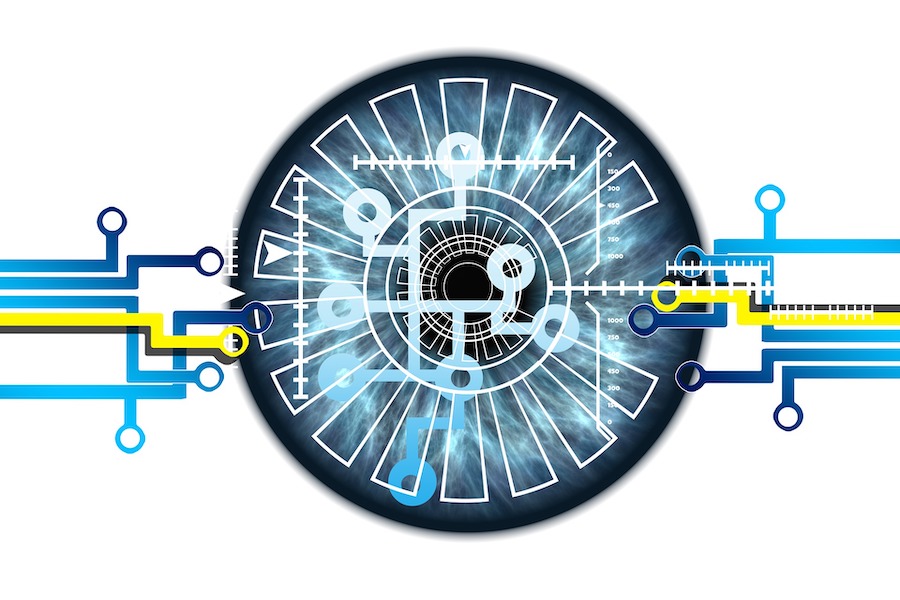Hospitality tech has come a long way, but the industry is still far from saturated. Some of the most interesting and game changing hotel technologies we’ve seen in a long time are now racing towards maturity — with chat apps and robotics high on the list.
Almost half of the 2,700 U.S. and European travelers polled in a recent study believed hotels should use technology to enable more customization, while one third said technology should be used to facilitate service requests for in-room items. Various forms of artificial intelligence are poised to upgrade these and other hotel operations. However, widespread adoption of these technologies doesn’t mean that they are entirely without drawbacks. It’s important to understand the pros and cons of robots and chat apps in the hotel industry before implementing changes at your property.
Pros
- Efficiency and Productivity. Artificial intelligence is able to work 24 hours a day, 7 days a week without ever getting worn out. Therefore, the widespread use of chat apps and robotics empowers hotels to offer a higher level of service without investing heavily in new staff.
- Novelty. Using robots is a way for hotels to differentiate themselves while also identifying their brand as fun and futuristic. For instance, Botlr is a glittery, whimsical robot used to deliver extra towels or bottled water to hotel guests. Not only do these robots free up human staff, but they also delight kids and impress adults in equal measure.
- Human Service. When robots and chat apps are handling more of the routine service requests, staff are free to address more in-depth or esoteric requests. In this way, the implementation of automated processes has the very real potential to upgrade service quality and customization overall.
Cons
- Mistakes. Since automation is designed to operate independently, there is the risk of guests receiving bad information or experiences due to technical glitches. These technologies are vulnerable to issues that don’t affect a human booking agent or room service attendant.
- Cost and Complexity. Even though these technologies have become much more accessible in recent years, they remain expensive to own and complex to operate. Hotels that select the wrong products or tend to struggle with technology in general may find that outsourcing core services to automation creates more problems than it solves.
Predictions in Practice
Various forms of robots and chat apps will undeniably be a part of many future hotel operations. That being said, we shouldn’t expect hotels to be staffed exclusively by digital attendants and robotic housekeepers any time soon. To understand how these technologies can organically complement and implement with existing operations, it helps to look at hotels already doing it well.
The Venetian Las Vegas was the first hotel to use Facebook Messenger for bookings. Guests can use the platform to research prices, make reservations, arrange upgrades and explore local services. By utilizing chat apps in combination with a platform on which travellers already congregate, The Venetian is making the booking experience as seamless as possible.
The chatbot BEBOT is similarly forward-thinking. It works like a digital concierge, providing guests with localized information and insights regardless of time or geography. When users can’t get the information they need from the bot, they are automatically connected with a human representative. Automation is therefore incorporated as an asset and never becomes an obstacle.
Chat apps and robots have a role to play in the future of hospitality, but it’s unlikely that they will ever completely replace the human experience. By incorporating automation intelligently, hotels can enhance the guest experience and improve internal operations while complementing the power of a human touch.
Hotels that are ready to use smarter technology in smarter ways work with RoomKeyPMS. Schedule a free demo to discover what our data-driven technologies can do to maximize your success.
Photo Credits: Shutterstock / frantic00





